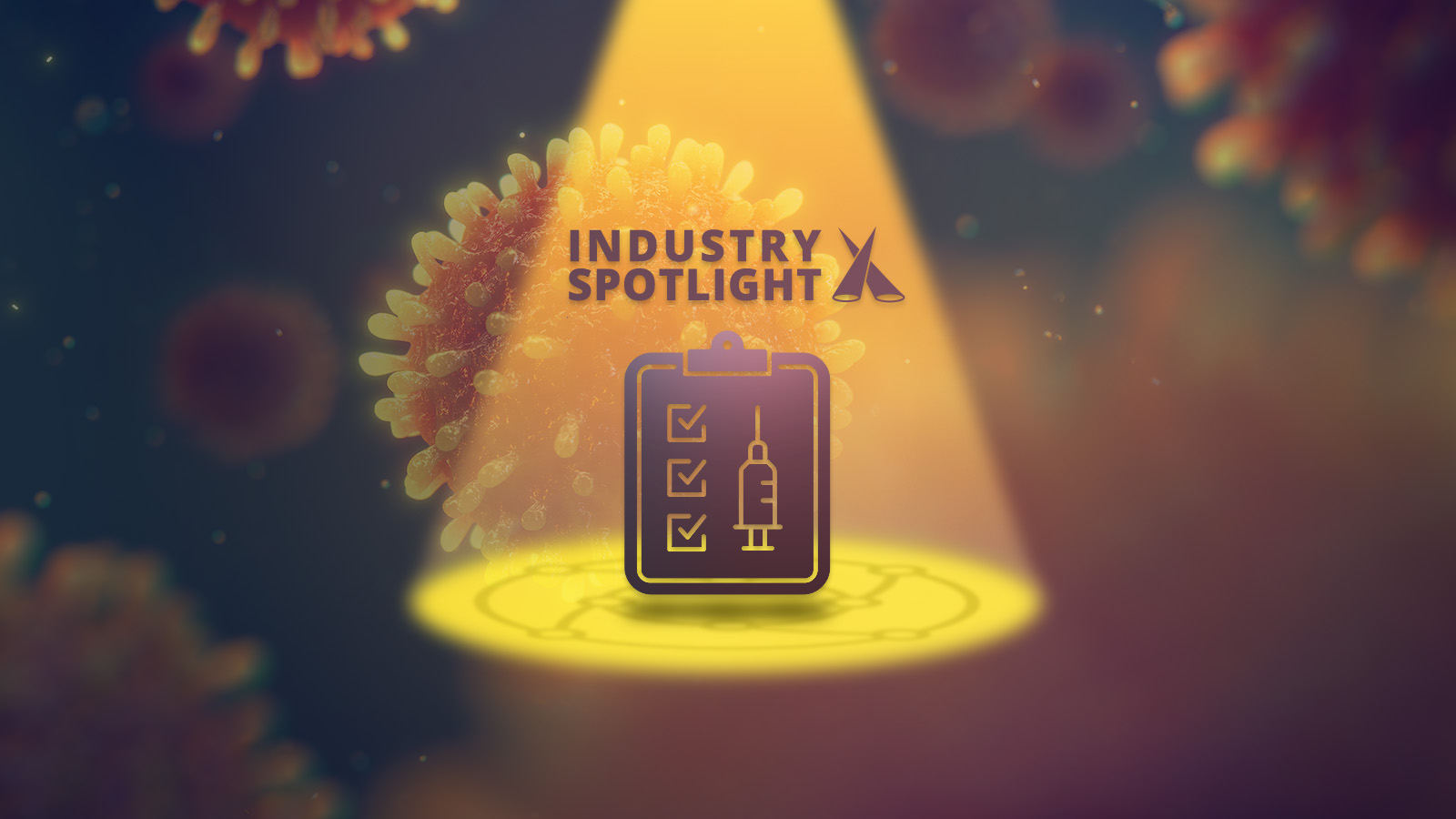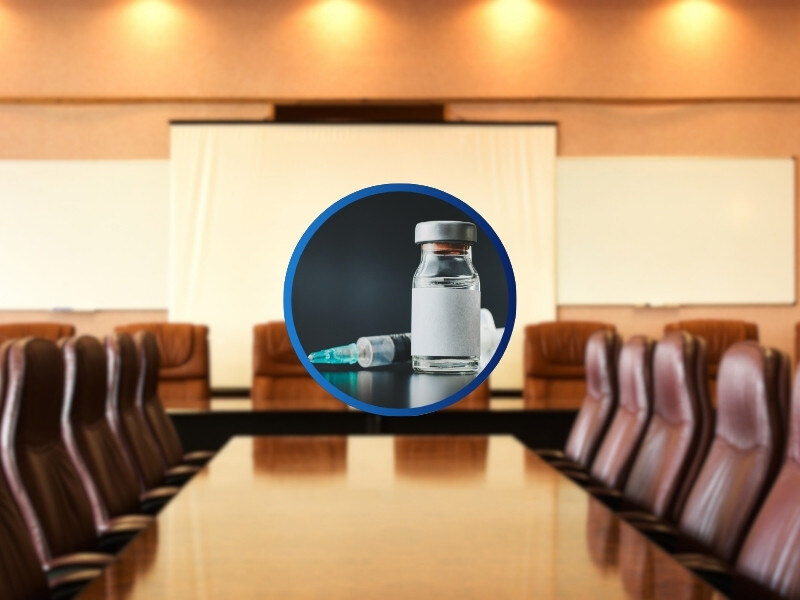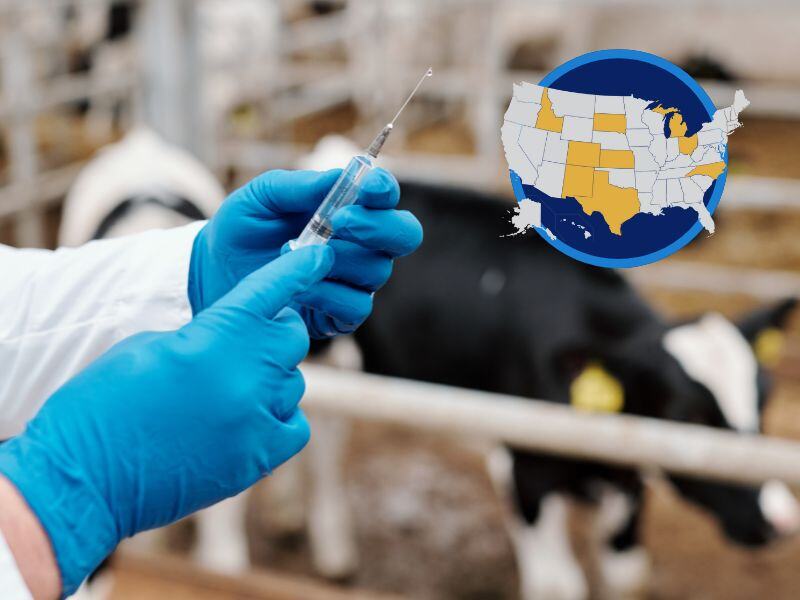3-Dose Hepatitis B Vaccine Offers Full Protection for People with HIV

When coinfected with the Hepatitis B virus (HBV), people living with HIV are at much higher risk of liver-related illness and death, as they are less likely to have a protective immunological response to non-adjuvanted HBV vaccinations. However, a study from the University of Cincinnati College of Medicine has revealed that HIV-positive individuals can achieve seroprotection from three doses of HEPLISAV-B, an HBV vaccine with cytosine phosphoguanine adjuvant.
- Pfizer’s Pneumococcal Vaccine Shows Great Promise in European Study
- Gilead Pay Big Bucks for MacroGenics’ Blood-Cancer Targeting Bispecific
- Eisai’s Alzheimer’s Drug Offers New Hope
In 2017, HEPLISAV-B was approved as a 2-dose vaccine regimen for adults, but very little was known about its protective effects for people with HIV. Kenneth Sherman, a co-chair of the study, stated that "[w]e have known for some time that the efficacy of primary hepatitis B vaccination series using standard non-adjuvanted vaccines in persons living with HIV leads to lower rates of seroprotection.” Initially, a study into chronic kidney disease revealed the potential of three doses of HEPLISAV-B, as it this regimen achieved higher levels of seroprotection which were maintained for a longer period of time.
At 28 weeks, after three doses of HEPLISAV-B, there was a 100% rate of seroprotection response.
Stemming from these findings, the HIV-related trial was established. It involved 68 HIV-positive adults at 38 sites across the US, South Africa, and Thailand. None of the participants had received a previous HBV vaccination, nor did they have any evidence of prior HBV infection. All individuals had been on antiretroviral therapy for at least 56 days before the first injection. The three doses were administered, one at study entry, one after four weeks, and the final at 24 weeks. The primary endpoint was seroprotection response, defined as anti-HBV surface antibody (HBsAb) titers greater than or equal to 10mIU/mL, at 28 weeks.
Promising results were seen from as early as week 12 when 94.4% of participants had achieved seroprotection. At 28 weeks, after three doses of HEPLISAV-B, there was a 100% rate of seroprotection response. Moreover, by this point, 88.2% of participants across the whole study population achieved HBsAb titers greater than 1000mIU/mL, with some showing these results from as early as week 4.
The international study will continue to examine the impact of a 2-dose regimen of HEPLISAV-B, and a 3-dose regimen for a different HBV vaccine (ENGERIX-B) among HIV-positive adults who have previously been vaccinated against HBV but did not achieve an adequate immunological response.
Join Oxford Global’s annual Biologics UK: In-Person event today. This 3-day conference brings together a panel of prominent leaders and scientists, sharing new case studies, innovative data, and exciting industry outlooks.
Get your weekly dose of industry news here and keep up to date with the latest ‘Industry Spotlight’ posts. For other Biologics content, please visit the Biologics Content Portal.









